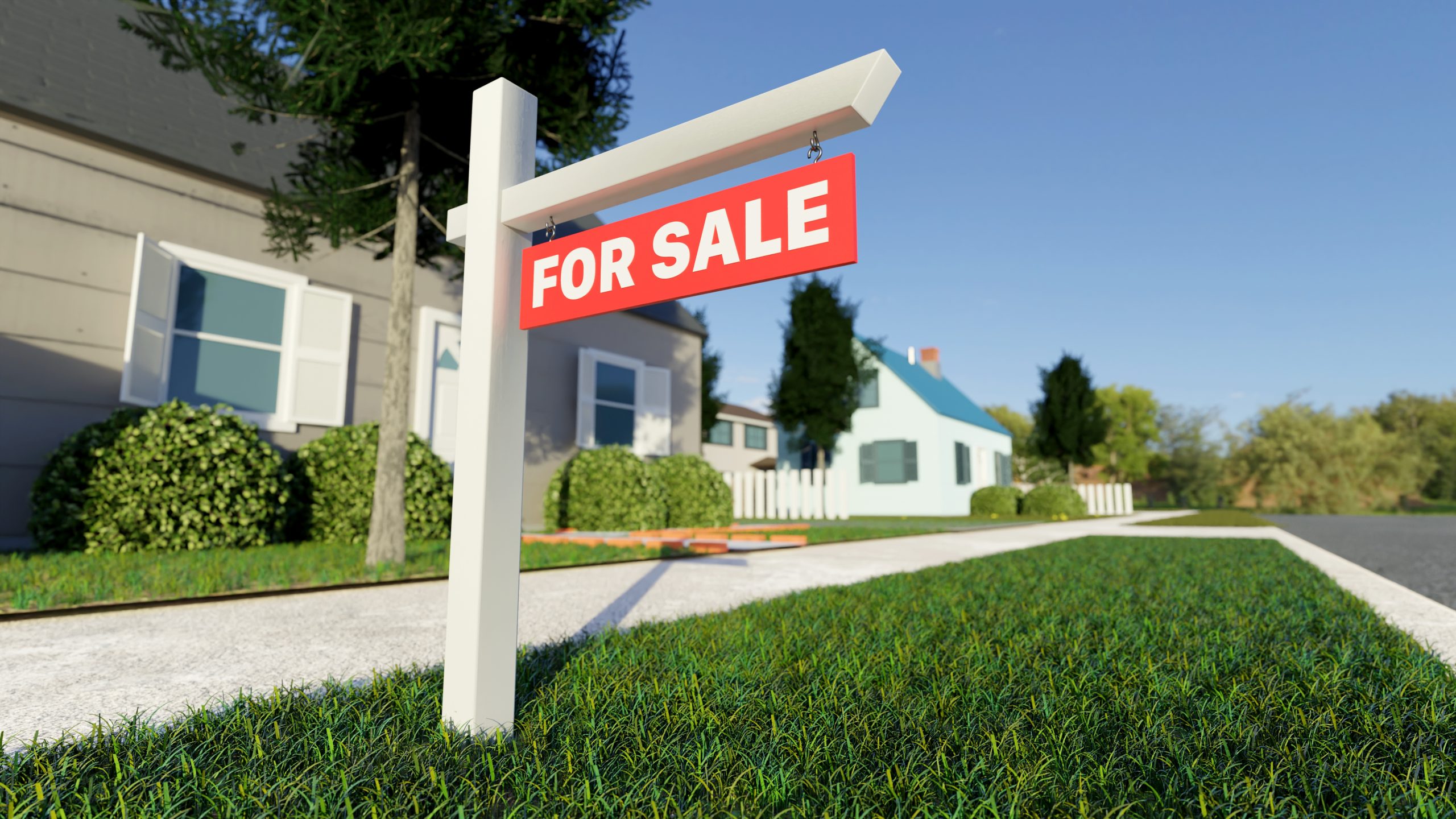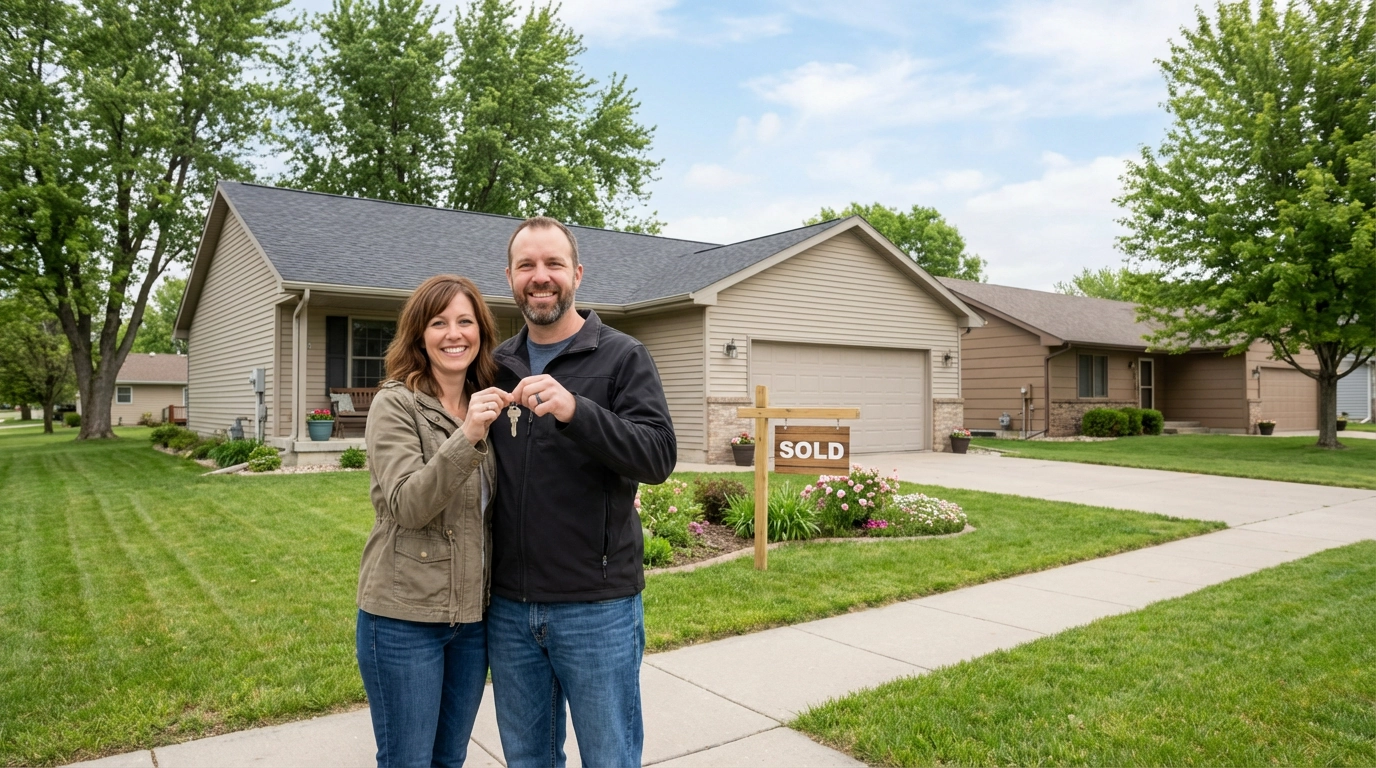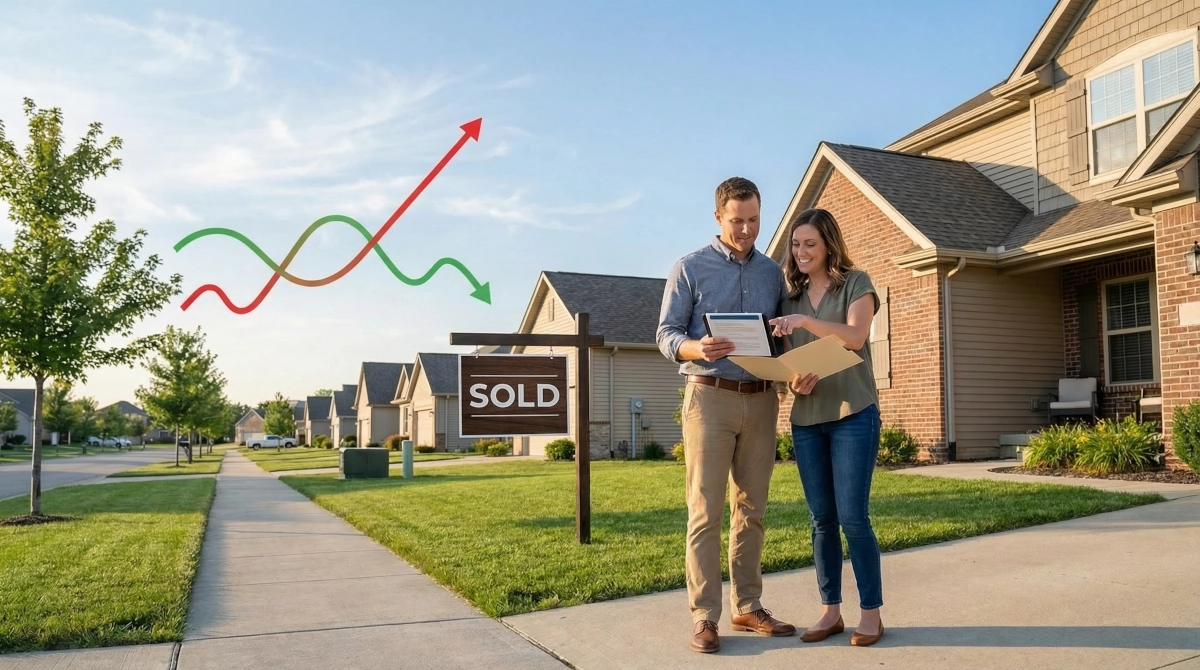When it comes to deciding whether to buy a home or rent, there are many factors to consider. For some people, renting makes sense because it provides more flexibility and less responsibility. For others, buying a home is the better choice because it offers more stability and potential financial benefits. In this post, we'll explore the pros and cons of each option so you can make an informed decision.
Pros of Renting
One of the biggest advantages of renting is flexibility. When you rent, you aren't tied down to a particular location or property. If you need to move for work or personal reasons, you can typically do so without too much hassle. Additionally, renting can be less expensive than buying in some cases. You don't have to worry about property taxes, home insurance, or maintenance costs, which can add up quickly. Finally, if something goes wrong with your rental property (like a leaky roof or broken appliance), your landlord is responsible for fixing it, not you.
Cons of Renting
While renting has its advantages, it also has its drawbacks. For one thing, you don't have control over the property. You can't make any major changes or renovations without your landlord's permission. Additionally, your rent payments don't build equity like mortgage payments do. If you rent for years, you'll have nothing to show for it except a bunch of receipts. Finally, you never know how much your rent will increase from year to year. Landlords can raise rents whenever they want, and you'll have to pay the increase or move out.
Pros of Buying
One of the biggest advantages of buying a home is that it can be a good long-term investment. If you buy a home and the property value goes up over time, you could potentially make a profit when you sell it. Additionally, when you pay your mortgage every month, you're building equity in the property. Eventually, you'll own it outright (assuming you don't take out any additional loans against it). Finally, when you own a home, you have more control over the property. You can make changes and renovations as you see fit, and you don't have to worry about a landlord telling you what you can and can't do.
Cons of Buying
While buying a home has its advantages, it's not always the best choice for everyone. For one thing, it's a big financial commitment. You'll need to come up with a down payment, pay closing costs, and make monthly mortgage payments for years. Additionally, when you own a home, you're responsible for all maintenance and repairs. If something breaks, you'll have to pay to fix it (unless you have a warranty). Finally, owning a home can tie you down to a particular location. If you need to move for work or personal reasons, you'll need to sell your home or rent it out.
Conclusion
So, should you buy a home or rent? The answer depends on your individual circumstances. If you value flexibility and don't want to be tied down to a particular location, renting might be the better choice. However, if you're looking for a long-term investment and want more control over your living space, buying might be the way to go. Whatever you decide, make sure you do your research and carefully consider your options before making a decision.




